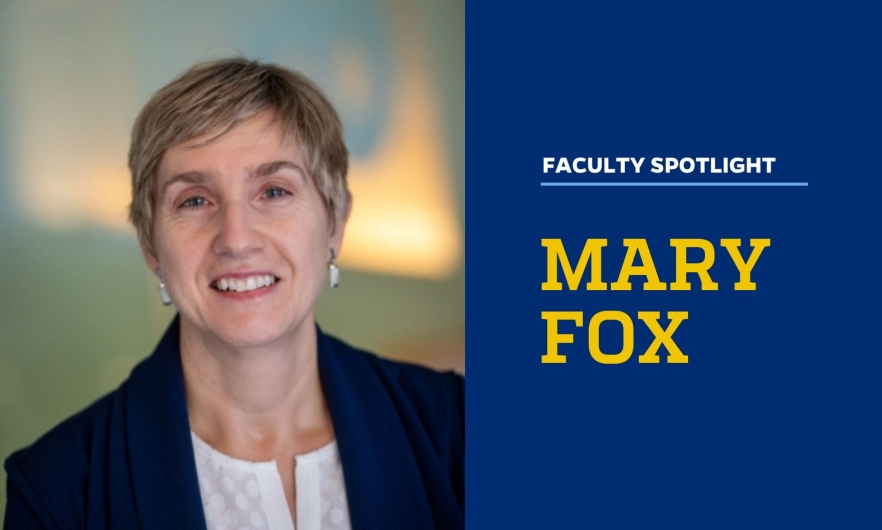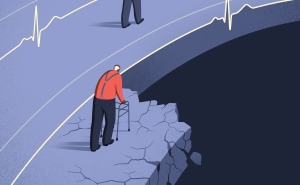From Farm Roots to Public Health Frontlines: Mary Fox’s Journey in Environmental Health

From her early days on a dairy farm in upstate New York, Mary Fox, PhD, was deeply connected to the natural world, a relationship that nurtured her and sparked a profound interest in environmental health. Today, Fox is a noted expert in the field, blending her biology and environmental studies background with a robust career that has significantly influenced public health policies and education.
Raised in a setting where the environment’s health was directly connected to her family’s livelihood, Fox developed an early appreciation for the delicate balance between nature and human activity. This foundational experience set the stage for her future endeavors. “Growing up on a farm, you learn firsthand how everything is connected. We relied on the environment not just to feed the animals but ourselves,” Fox says. This symbiotic relationship with nature guided her academic pursuits, leading her to pursue a bachelor’s degree in biology and a master’s in environmental studies.
After completing her master’s degree, she didn’t immediately continue her academic studies. Instead, she gained practical experience working at the New York State Health Department in their Center for Environmental Health. There, she conducted health studies in communities affected by hazardous waste sites, a role that highlighted the real-world impacts of environmental policies and chemical exposures on human health. This work was crucial in shaping her understanding of the complexities of environmental health and provided a practical foundation for her later research.
During this time, Fox developed a keen interest in human health risk assessment—a methodological approach that has become central to her work. Human health risk assessment involves evaluating the potential health risks associated with environmental exposures and translating these findings into policies safeguarding public health. “We use this process to establish safety standards, like the drinking water standards for per- and polyfluoroalkyl substances (PFAS), often referred to as ‘forever chemicals’,” she says.
Fox’s academic and professional experiences eventually led her back to academia, where she completed her PhD in Environmental and Occupational Health Policy at the Johns Hopkins Bloomberg School of Public Health in the Department of Health Policy and Management. Today, she is a professor, teaching the next generation of public health professionals about the intricacies of environmental science, policymaking, and risk assessment. Her role as an educator extends beyond the classroom; she is actively involved in shaping how environmental health information is communicated to the public—a crucial aspect of her work that ensures the effectiveness of public health interventions.
In a forthcoming paper, Fox’s research explores how drinking water quality information is communicated to consumers, focusing on making scientific and policy information accessible and understandable to all stakeholders, from federal regulators to the public. “It’s not just about translating science into policy but also about ensuring people understand what those policies mean for their daily lives,” says Fox.
Fox emphasized the need to understand the audience when crafting communication strategies. This approach ensures that essential health information is shared and resonates with those it aims to protect. Her commitment to this dual focus—rigorous scientific assessment and effective communication—exemplifies the evolving nature of environmental health as a discipline that solves problems and informs and engages the public.
As Fox continues her work, her influence extends through her research, teaching, and public engagements. Her journey from a farm in New York to the forefront of public health highlights a professional life dedicated to enhancing our understanding and management of environmental risks, ensuring healthier communities for future generations.





